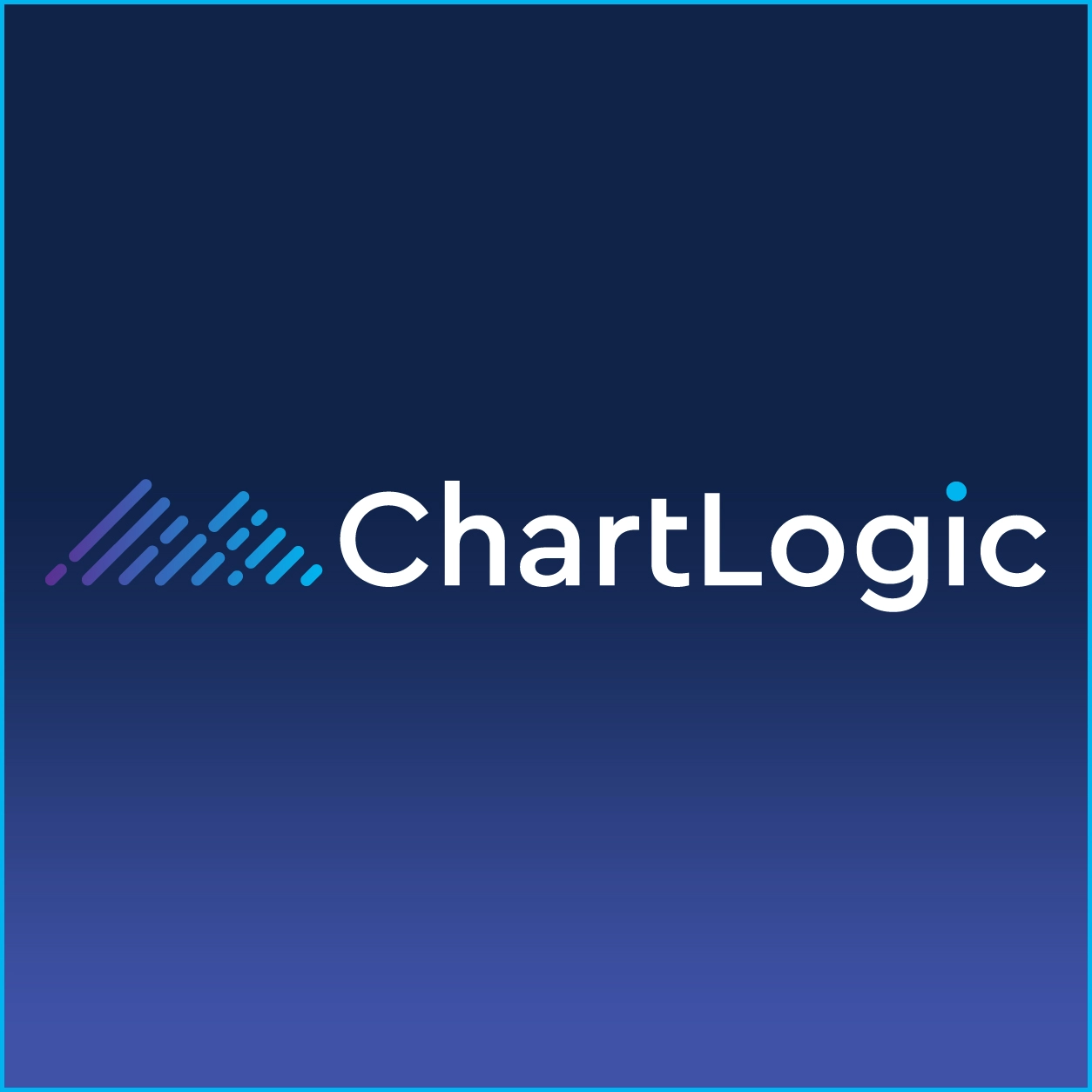Can Healthcare Withstand Hacking?
September 14, 2021
Chartlogic
Courtney Echerd
David Macfarlane
Full Circle Healthcare
+more
Over the past year, cybersecurity attacks have occurred at an alarming rate. Due to a combination of employees working from home and the general chaos of the pandemic, hackers took advantage, and there were some high-profile attacks, such as the Colonial pipeline.
But why is the healthcare industry particularly vulnerable?
Here to give insights on this episode of Full Circle Healthcare is David Macfarlane, Marketing and Communications Manager at Medsphere. He talked with Host Courtney Echerd about what is causing increased cyberattacks and how the healthcare industry can withstand the increase in hacking.
“We know the threat is more than significant,” Macfarlane said. “It has really ramped up a lot in recent years.”
While it’s difficult to put numbers to it, as it’s not effectively recorded right now in every single instance, according to Macfarlane. Healthcare organizations don’t necessarily want to report a hack because it’s terrible PR. But, for the numbers currently recorded, there is a ransomware attack on a business in the United States every eight minutes.
But what makes the healthcare industry, in particular, so vulnerable? Old hardware, Macfarlane said.
“We’ve got a situation where about 75 percent of healthcare organizations are operating on hardware that no longer receives patches, so they’re not getting their security updates,” Macfarlane said. “That makes healthcare the most vulnerable sector of the economy.
Follow us on social media for the latest updates in B2B!
Twitter – @MarketScale
Facebook – facebook.com/marketscale
LinkedIn – linkedin.com/company/marketscale
